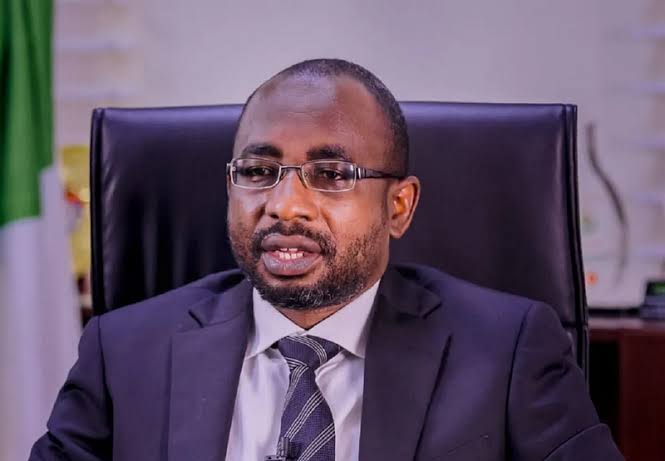To address the escalating dangers of harmful online content, the National Information Technology Development Agency (NITDA) has taken a significant step toward legislative reform. In partnership with Advocacy for Policy and Innovation (API), the agency convened a one-day stakeholder workshop in Abuja to advance discussions on the proposed Online Harm Protection (OHP) Bill.
The event drew together key players from the public and private sectors, civil society, and the tech industry. The primary goal was to deepen engagement on the draft legislation and ensure that the final bill is robust, inclusive, and responsive to Nigeria’s digital realities. The draft bill aims to safeguard citizens—especially vulnerable groups—from the rising volume of toxic, abusive, and manipulative content spreading across digital platforms.
Speaking at the event, NITDA officials reiterated the agency’s mandate to ensure safe and responsible use of information technology nationwide. They stressed that while digital platforms offer countless opportunities, the surge in online harm—including cyberbullying, hate speech, misinformation, and exploitative content—now poses a direct threat to public wellbeing and national security.
The agency’s leadership emphasized that the OHP Bill is not designed to stifle freedom of expression but to strike a balance between free speech and public safety. With the Internet now deeply embedded in daily life, they argued that it has become essential to develop clear frameworks that define harmful behavior, outline penalties, and establish mechanisms for oversight and accountability.
Stakeholders at the session shared insights and raised concerns about the draft bill’s potential impact on innovation, data privacy, and user rights. Many participants urged NITDA to adopt a multi-stakeholder approach in finalizing the legislation, ensuring that the voices of youth, digital creators, online communities, and marginalized groups are well represented.
Representatives from API called the bill a timely and necessary intervention. They noted that online abuse, disinformation, and algorithmic manipulation are not only growing faster than traditional regulations can catch up but also disproportionately affect women, children, and minorities. They argued that the bill must be both preventive and corrective, combining legal protections with proactive measures like digital literacy, community reporting tools, and platform transparency obligations.
Throughout the workshop, participants stressed the importance of collaborative governance in the fight against online harm. Several technology firms at the event expressed their readiness to work with regulators in developing best practices for content moderation and platform accountability. However, they also cautioned that overly rigid rules could hurt the local digital economy if not properly designed.
As the dialogue concluded, NITDA reaffirmed its commitment to openness, consultation, and flexibility. Officials promised that input from the workshop would guide the next revisions of the draft OHP Bill. The agency also pledged to continue engaging stakeholders nationwide to build consensus around the final legislative framework.
With harmful online content becoming increasingly sophisticated and widespread, the OHP Bill represents a bold and forward-looking effort by NITDA and its partners to create a safer digital environment for all Nigerians.






